Founder looks to future with employee ownership of his business
There is something wonderful about a career spent in the company of the same people, committed to the same goal. It’s what Robert Palmer has enjoyed at his business, based just outside of Mildenhall, the town in Suffolk where he was born. He set up RPV Group, a specialist industrial valve distributor, in 1994 and he and his team, now numbering 35 people, have built it into a £25 million venture that counts the likes of Shell, BP and Chevron as customers.
Last year Palmer, 56, started to worry about the future. He wanted to find a way to ensure that RPV remained in Mildenhall, that his team’s jobs were safe, with their wages supporting the local economy and their children playing in its sports teams.
He came across the idea of employee ownership and in January, on RPV’s 30th anniversary, revealed that he had agreed to sell a 51 per cent stake to his employees as a “thank you” for their efforts and loyalty.
Interest in employee ownership as a way to pass on private companies to new owners has been on the rise in recent years, helped by generous tax breaks granted in 2014 for both the original owner and the employees, who typically benefit through a trust set up on their behalf. There are now more than 1,800 employee-owned businesses, up from only 152 ten years ago, according to the Employee Ownership Association.
What is unusual about RPV’s employee ownership is that Palmer has structured the deal in such a way that his longest-serving employees receive the most benefit. His senior team was already paid competitively, he said. “The way I wanted to do it was not to reward the highest-paid people, but to reward everyone based on how long they have been part of this family, this team. This way you get paid [a salary] we think is fair, and also a ‘thank you very much for doing it for 15, 20 and 25 years’.”
Such an approach runs contrary to convention. According to Randall Peterson, a professor of organisational behaviour at London Business School, those who contribute the most value in companies typically benefit the most. Sometimes those who stay the longest are doing so because they don’t have other options. Yet Peterson acknowledges that loyalty is an undervalued asset.
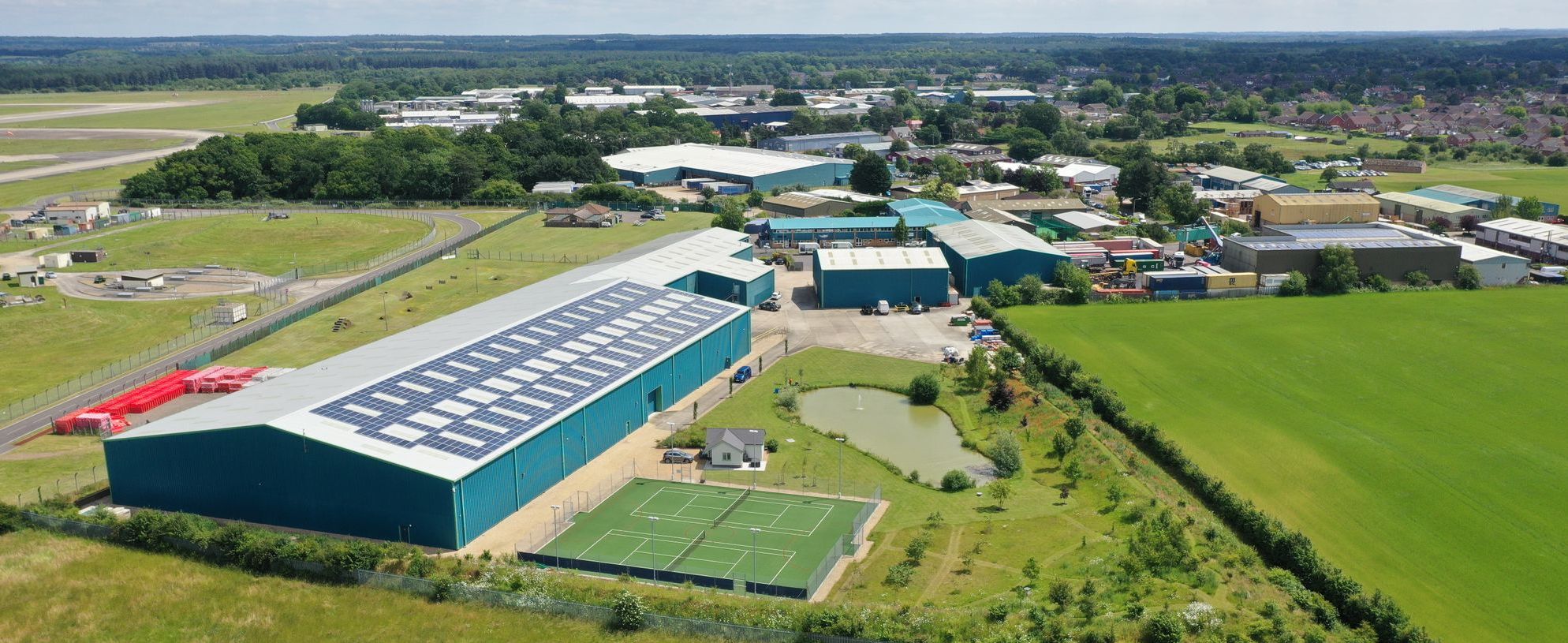
“What you are after is the person who is really committed to the organisation and its success and will interact with others in a way that facilitates it, rather than makes it harder. If you have been working in the same organisation for 20 years, you can see what the issues are,” he said.
“We seem to [think] everyone should look after themselves, but there is a flaw in that Adam Smith [the economist] logic, that if everyone looks after themselves that somehow the whole will be taken care of. I am not convinced that is true. Yes, everyone needs to look after themselves and to do their part, but you can make choices where it is equally as easy to do it X or Y way, and if Y makes it easier for others [to do their jobs], you should definitely do that.”
Palmer set up RPV with a £6,000 redundancy payment he had received when a local company run “by an ex-girlfriend’s uncle” let him go just before Christmas. “That evening I went to the local hotel and had several to drink and one of the owners said: ‘Why don’t you start your own company?’ I woke up the next morning and thought, ‘I’m pretty young and if it doesn’t work out I can go and do something else.’ ” He had seen an opportunity to stock and distribute the best industrial values for the European operations of the oil and gas companies after talking to a business that did the same thing for the American market.
Today RPV is called upon in an emergency, when a valve has failed, or during the planned maintenance of refinery facilities, where wear and tear means that parts need replacing. “Hopefully, we have got what they need, when they need it. We can pull it off the shelf, put it on the back of a vehicle, with all the documentation ready, and it can leave our place in 15 minutes.” The valves range in size from a bore hole of a quarter of an inch to 48 inches. “That’s the size of the flow passage. If you measure it from a 48-inch bore you have probably got another 16 to 18 feet [of casing] above it.”
As it built its reputation over the decades that followed, Palmer started to receive approaches from larger companies keen to buy his business. “ I didn’t want a trade sale, as what tends to happen is that the [acquiror] then fires X amount of people and relocates things to where they are located. I wanted to be loyal to the people who had been loyal to me. I didn’t want it to end unhappily for them.”
After reading about employee ownership in a newspaper, he contacted Spencer Woolley, his long-term adviser at Cazenove Capital, the wealth manager, who took him through the pros and cons, and put him in contact with specialist tax and legal advisers. “Spencer emailed me once a week saying: ‘Robert, are you sure?’ There wasn’t a plan B. If this hadn’t worked out, we would have carried on as we were.
“It was a way of basically saying thank you to everybody for being unbelievably amazing for all those years. They would have had job offers within the industry and outside the industry and it was a way of saying thank you for staying, for being loyal and being amazing.”
Under the ownership of the trust, RPV’s employees now receive a bonus of up to £3,600 each year, free from income tax. Additional annual payments are possible as well, depending on global demand for valves from its oil and gas customers and as the trust pays the deferred consideration to Palmer for his 51 per cent stake over the next five years.
Palmer is careful about managing expectations of bumper payouts, but is bullish about the prospects for his industry. “For over 30 years I’ve been told we’re in a twilight industry. But the massive players are leaving what we do alone. They don’t want to play in our game. I think we have some great years ahead of us.”
Since the change of ownership, some things at RPV have not changed. Palmer remains involved, dealing with key suppliers and deciding what they sell and buy, while other executives run the business day-to-day. But he has noticed small changes. “From what I have seen, people are skipping about the office, the warehouse. I overhear discussions like, ‘If we did it this way, we would only need to send the lorry once.’ It’s lots of little things like that.
“I am really happy. I have ringfenced their jobs as much as I can, so they are not going to be relocated to London or Aberdeen. In turn, it means they will be spending their wages in Mildenhall and their kids will be going through the cricket and football clubs. It ringfences [the business] for the community. I am a local guy. It seemed the right thing to do.”
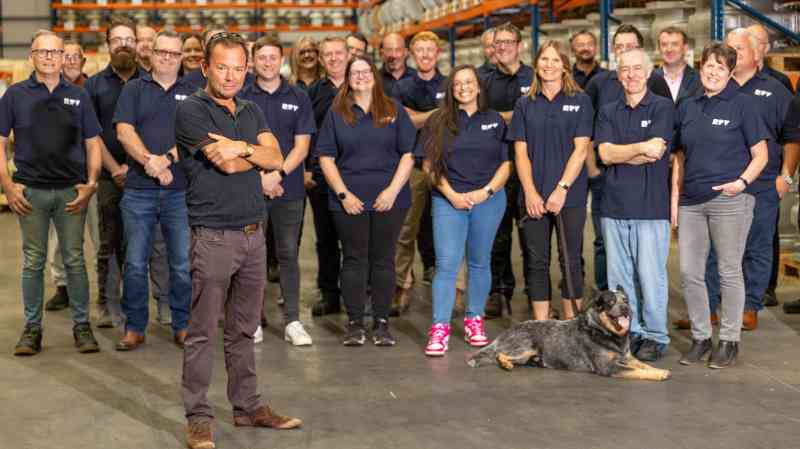
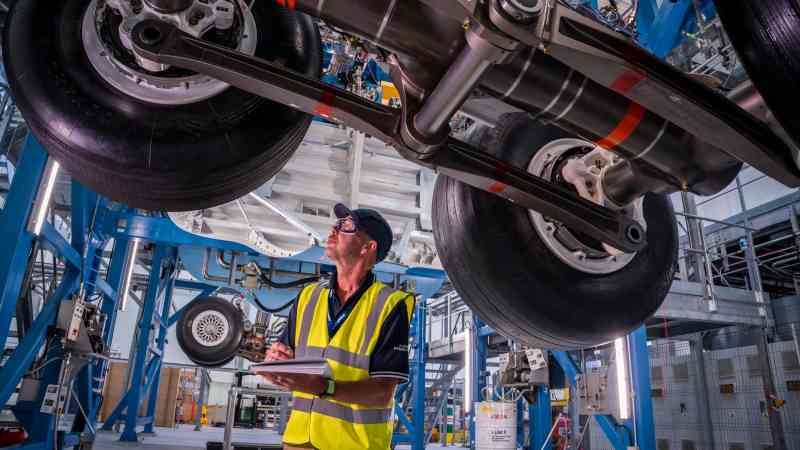
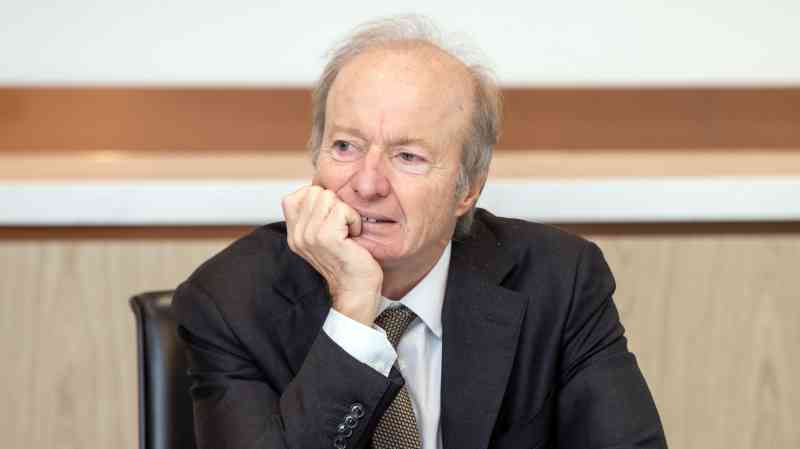
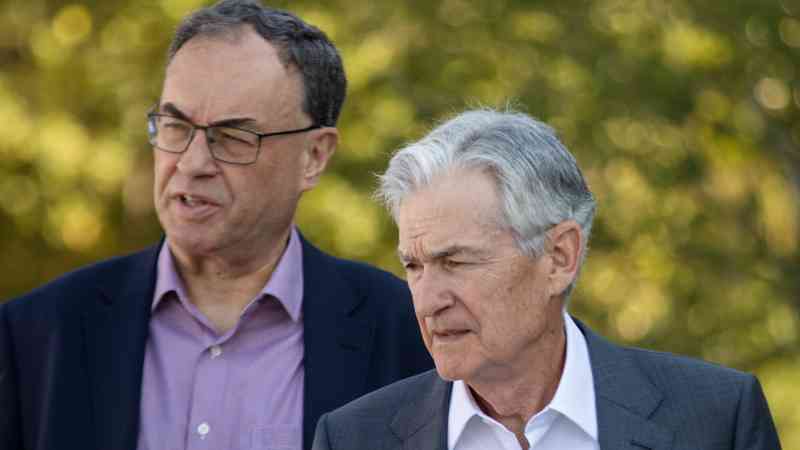
Post Comment